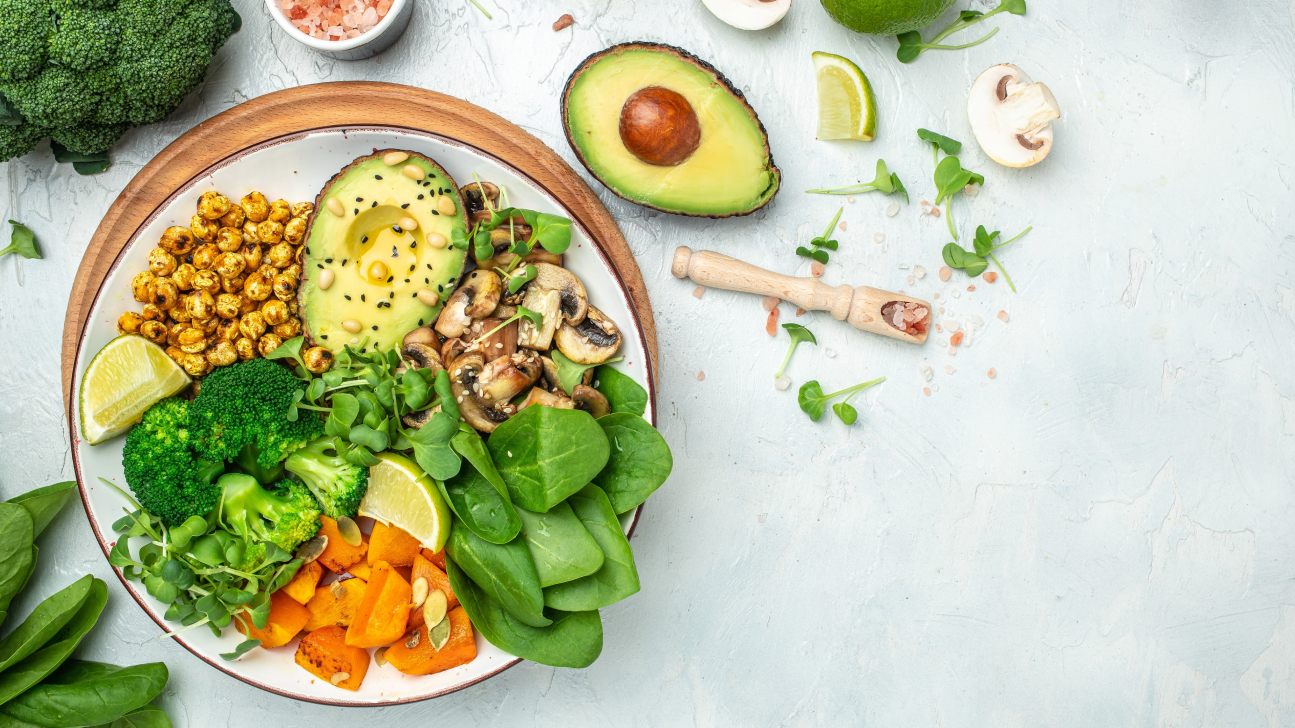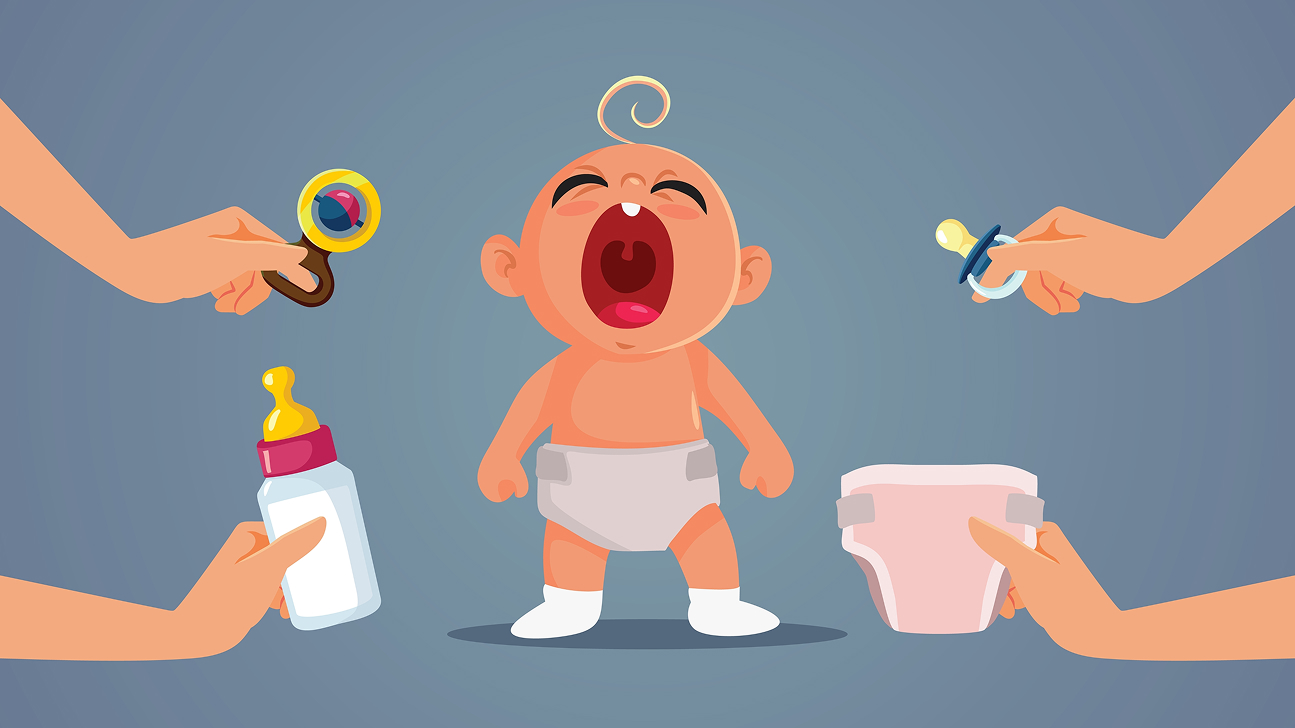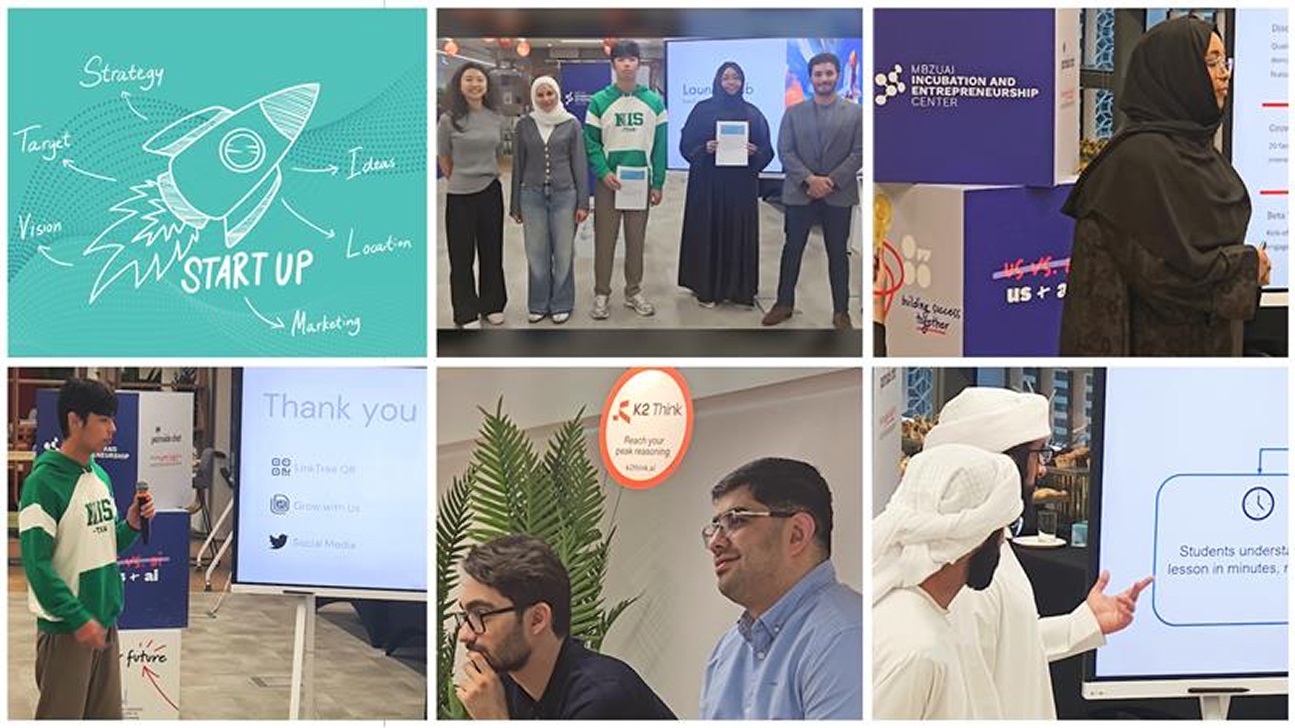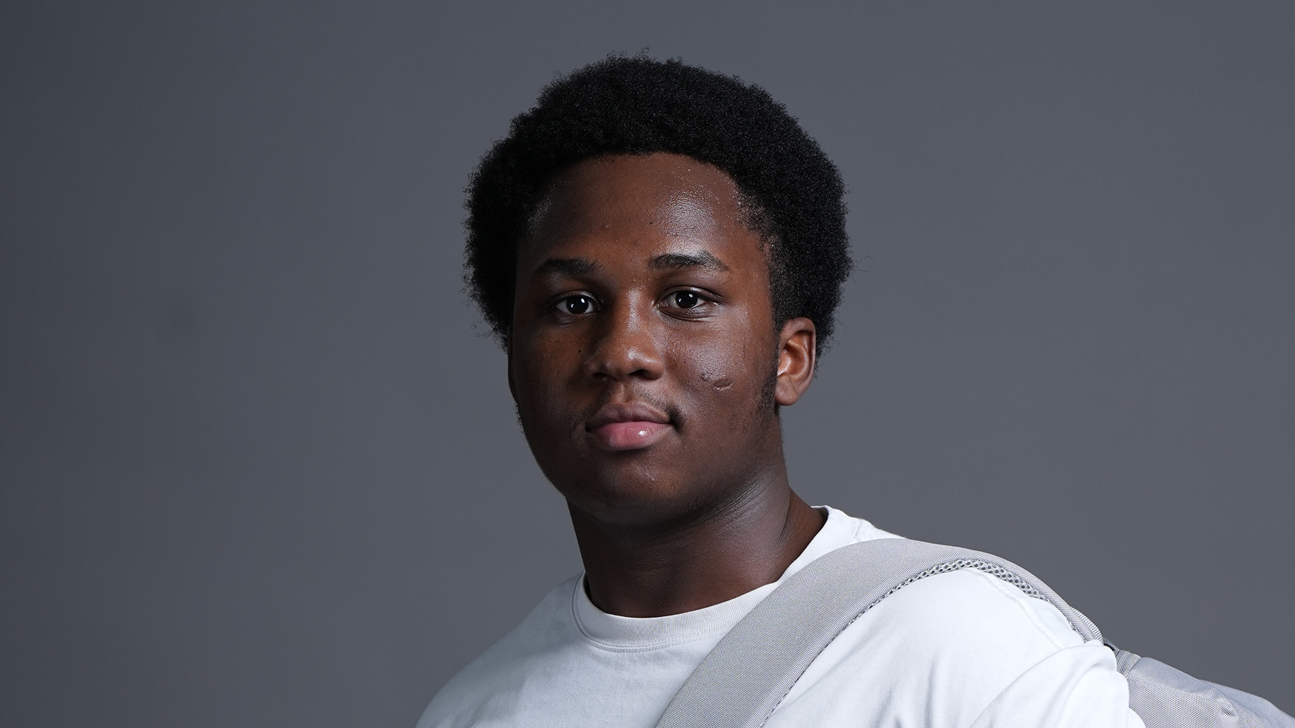Food for thought: making it easier to eat healthily
Thursday, October 31, 2024

While building new technology is the toughest part for many founders, the Nutrigenics team had bigger fish to fry. “You can develop a cutting-edge solution, but the important thing is being passionate about solving real world needs,” says Wafa Al Ghallabi. “I need the solution not only to be the best in terms of accuracy and AI model, but practical and impactful for people as well. How do we make this work for all users, from the elderly to someone improving their fitness? How can we understand what they need?”
As computer vision Ph.D. students at Mohamed bin Zayed University of Artificial Intelligence (MBZUAI), Al Ghallabi and Omkar Thawakar have found a practical application for their academic studies: using artificial intelligence (AI) to transform dietetics via their game-changing startup, Nutrigenics.
After their recent win at MBZUAI Incubation and Entrepreneurship Center (MIEC) pitch day, and with funding from the Microsoft Founder Hub, Nutrigenics is poised to move the dial on how we approach our health.
Appetite for change
When Al Ghallabi and Thawakar’s family members received underwhelming care from nutritionists, they saw how much potential there was for improvement. Further research into hospital data revealed dieticians only improve patient health about 20% of the time. Patients struggle to follow generic meal plans, and dieticians are unable to track or adjust treatment effectively.
Al Ghallabi and Thawakar created Nutrigenics to bridge the gap between clinical advice and everyday eating. The platform foundation is 200,000 high-quality recipes, allowing for more granular and personalized meal planning. Sourced from carefully selected food bloggers, the recipes are manually reviewed and tagged by a team of nutritionists, who label each with specific nutritional information like low salt or high fiber.
Meal plans created by Nutrigenics cater for more dietary preferences—instead of just protein, carbs and fats, users can browse recipes from 28 cuisines, including options that are dairy-free, gluten-free, keto, or avoid certain foods like tomatoes or shellfish.
Picture perfect analysis
The choice doesn’t stop there. Recognizing meal planning can fall short when patients want more flexibility, the team have created a vision language model (VLM) that allows users to upload photos of their meals for AI analysis. The VLM can predict the nutritional content, key ingredients, and dietary labels like low salt with 70% accuracy—more than double the 34% accuracy of leading competitors. With the language model, users can also ask questions about a recipe’s ingredients or method, or what physical activity would be recommended alongside it.
By accurately representing what patients are actually eating, Nutrigenics allows dieticians to monitor diet progress more effectively and offer better informed adjustments to patient meal plans.
Recipe for success
As well as expressing gratitude for the guidance they received from MBZUAI professors Dr. Muzammal Naseer, Dr. Salman Khan, and Dr. Fahad Khan, the team note the MBZUAI IEC has helped them immensely in their journey so far. Through grants, workshops, talks, networking, and help with pitching or crafting their business model, the IEC has provided consistent support. They also connected Nutrigenics with the Microsoft Hub Founders Program, where the team has received technical mentorship and funding, helping them refine the platform and bring it closer to market readiness.
The team still see themselves in their learning phase, though as Thawakar notes, “We’re quick learners.” Dr. Khan, however, offers a sage reminder to reflect on just how much they have achieved so far: “This is a fantastic effort considering they are still at an early stage of their Ph.Ds.”
Healthy horizons
Looking to the future, Al Ghallabi and Thawakar want to grow their bank of labeled recipes, though only at a pace that won’t compromise quality. They will also continue closing the gap between what someone is actually eating and what is specified in the meal plan. This might come in the form of tracking changes a user makes to the recipe or extrapolating this information from a photo of ingredients. Eventually they want to enable Nutrigenics AI model to autonomously predict food nutritional content rather than relying on manual tagging. An ultimate goal is to increase the percentage of improved patient health from 20% to 80%.
By tracking diet more accurately, they also hope to safeguard patients against future illnesses. For example, if someone goes on to suffer from high blood pressure and they have an accurate year’s record of what they’ve eaten, a doctor may be able to pinpoint elements they can easily adjust. As Al Ghallabi notes, “By making specific changes to your diet, you might actually treat your own body without taking additional medication.”
Not only will Nutrigenics strengthen the partnership between nutritionist and patient, but through incisive AI insights, it promises to empower individuals in the years to come.
- innovation ,
- entrepreneurship ,
- health ,
- student highlights ,
- IEC ,
Related
When AI learns to listen: how researchers are decoding baby cries to help new parents
An AI-powered app trained on more than 1,000 baby cries aims to reduce stress for new parents.....
- incubation and entrepreneurship center ,
- AI for good ,
- human-centered AI ,
- IEC ,
- startup ,
- entrepreneurship ,
MBZUAI's Launch Lab equips alumni and students with practical startup tools
The six-week pilot program brought alumni and students together to turn early startup ideas into tangible ventures.
- alumni relations ,
- launch lab ,
- startups ,
- alumni ,
- entrepreneurship ,
Youngest MBZUAI student sets sights on AI superintelligence at just 17
Brandon Adebayo joined the University’s inaugural undergraduate cohort, driven by a passion for reasoning, research, and the.....
- Undergraduate ,
- student ,
- engineering ,


